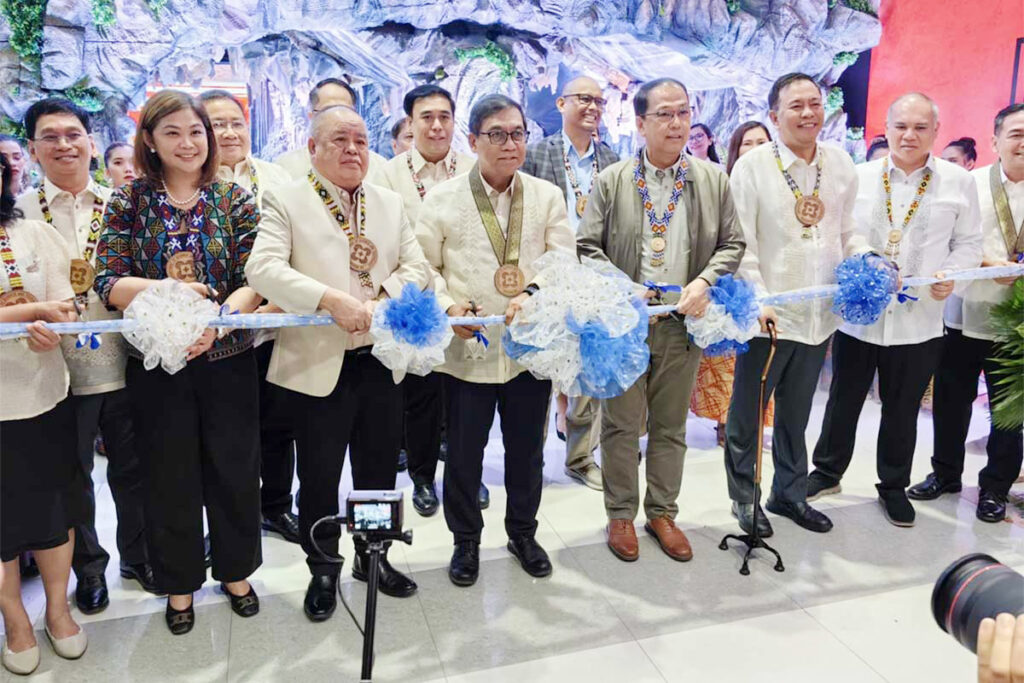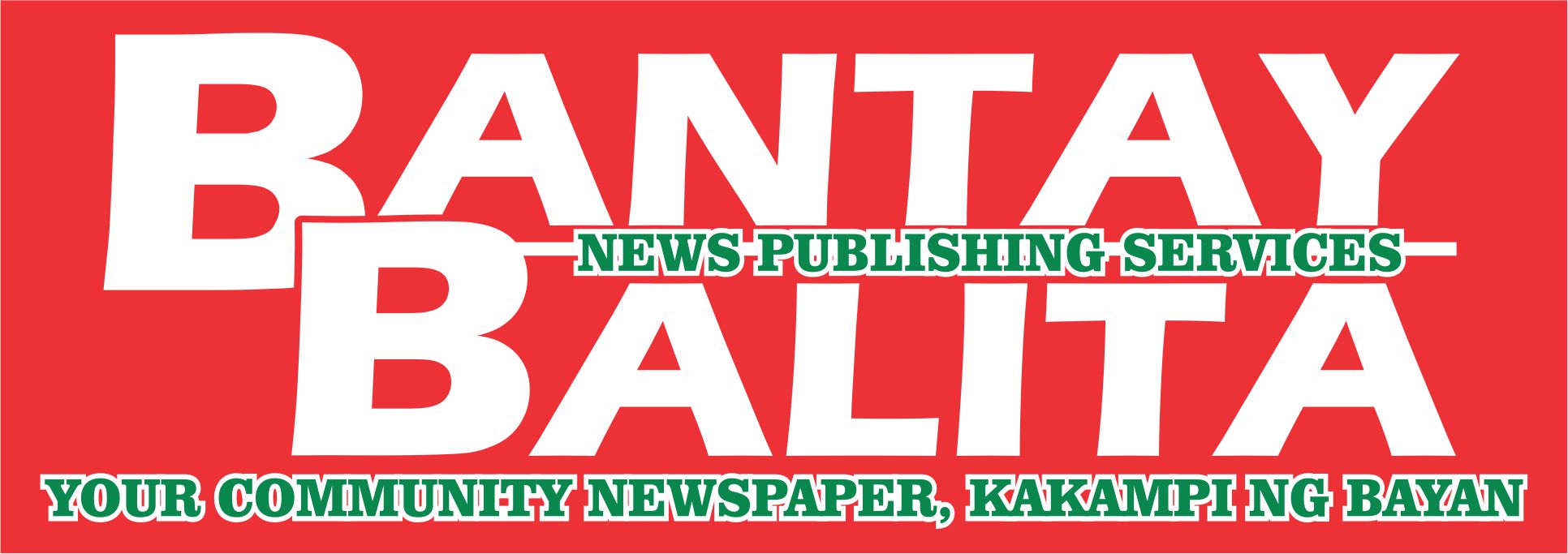THE Department of Science and Technology (DOST), through its office in Region XII, has launched the Mindanao leg of its “Handa Pilipinas” initiative at the KCC Convention Center in General Santos City.
The event, with the theme “Enhancing Mindanao’s Resilience through Science, Technology, and Innovation,” seeks to bolster the region’s disaster preparedness through advanced science and technology interventions.
Engr. Sancho A. Mabborang, DOST Undersecretary for Regional Operations, highlighted Mindanao’s vulnerability to volcanic hazards and flash floods, noting that the region is home to at least 25 active and inactive volcanoes.

Assistant secretary Bernardo Rafaelito Alejandro IV, who is the Deputy Administrator for Administration and Education of the Office of Civil Defense (OCD), said the DOST and the OCD are focused on reducing disaster risks and implementing effective measures. He also stressed the necessity of inter-agency collaboration to enhance disaster preparedness in the region.
In his keynote address, DOST Secretary Dr. Renato U. Solidum Jr. focused on the importance of anticipating and preparing for natural hazards, pointing out that disaster prevention is a shared responsibility, and through proper planning and mitigation strategies, communities can be protected from hazards.
Solidum said a proactive approach to disaster mitigation is the foundation of the Handa Pilipinas program, which aims to empower communities to save lives and livelihoods.
A key moment during the event was the signing of a Memorandum of Agreement (MOA) between the DOST and the Office of the Presidential Adviser on Peace, Reconciliation, and Unity (OPAPRU), a partnership that is designed to provide science and technology interventions to empower former combatants and their families in the six recognized MILF camps in Mindanao.
The MOA seeks to address the need for sustainable livelihood and community development in the Mindanao areas.
Secretary Carlito G. Galvez Jr., Presidential Adviser on Peace, Reconciliation, and Unity, highlighted the transformative potential of technology in peacebuilding efforts, noting how it can foster dialogue, create economic opportunities, and promote healing and trust within communities.
The event brought together distinguished leaders and stakeholders from various sectors, marking a significant step towards creating collaborative solutions for disaster resilience.
The Handa Pilipinas Mindanao leg showcased cutting-edge DRRM technologies ready for adoption by local leaders, aimed at enhancing safety measures in Mindanao’s most vulnerable areas.
The initiative is part of a broader national goal to achieve a resilient Philippines, where communities are equipped to mitigate and adapt to the risks posed by natural and climate-related disasters. (Nelson Santos/PAPI)

